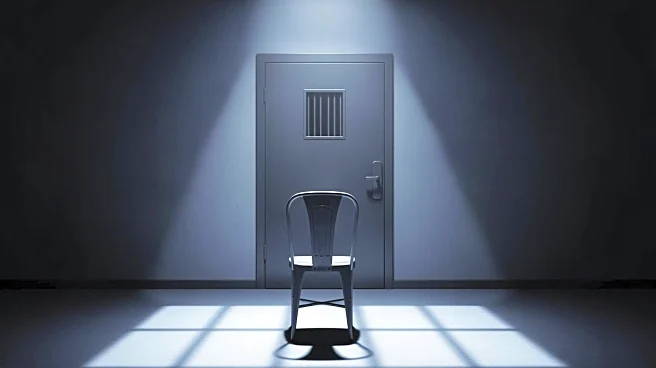What is the story about?
What's Happening?
UNICEF spokesperson Joe English has addressed the impact of the recent ceasefire on children in Gaza during an interview with ABC News Live. The ceasefire has allowed humanitarian organizations to increase their efforts in delivering emergency aid to the region. This includes essential supplies such as food, medical aid, and cooking gas, which have been scarce due to ongoing conflicts. The United Nations Office for the Coordination of Humanitarian Affairs (OCHA) has reported that the humanitarian situation in Gaza remains critical, with significant casualties and displaced families. The ceasefire provides a crucial opportunity for aid organizations to reach vulnerable populations, particularly children, who have been severely affected by the conflict.
Why It's Important?
The ceasefire in Gaza is a pivotal moment for humanitarian efforts, as it allows aid organizations to access areas that were previously unreachable due to conflict. This is particularly significant for children, who are among the most vulnerable in such situations. The delivery of emergency aid, including food and medical supplies, is essential for their survival and well-being. The ceasefire also offers a chance to rebuild critical infrastructure that has been destroyed, which is vital for the long-term recovery of the region. The ability to provide consistent aid can help stabilize the situation and prevent further deterioration of living conditions.
What's Next?
With the ceasefire in place, humanitarian organizations are expected to ramp up their efforts to deliver aid to Gaza. This includes coordinating with local authorities and other international bodies to ensure the efficient distribution of supplies. The focus will likely be on addressing immediate needs while also planning for long-term recovery and rebuilding efforts. Monitoring the situation closely will be crucial to adapting aid strategies as needed. Additionally, there may be diplomatic efforts to maintain the ceasefire and prevent a resurgence of conflict, which would be essential for sustained humanitarian access.
Beyond the Headlines
The ceasefire in Gaza not only impacts immediate humanitarian efforts but also has broader implications for regional stability and international relations. It highlights the importance of diplomatic negotiations in conflict resolution and the role of international organizations in facilitating aid. The situation in Gaza also raises ethical questions about the protection of civilians, particularly children, in conflict zones. Long-term peace and stability in the region will require addressing underlying political and social issues that contribute to the conflict.















